Product
Knowledge
Flange nuts also known as serrated flange nuts or hex flange nuts, are a type of fastener used in various applications to secure bolts or screws. They have a flange (a wide, flat, and circular base) integrated into the nut's design. The flange on these nuts serves several important functions:
Distribution of Load: The flange provides a larger bearing surface than standard nuts, which helps distribute the load over a wider area. This can reduce the risk of damage to the material being fastened and ensure a secure and stable connection.
Anti-Vibration: Flange nuts often have serrations on the underside of the flange. These serrations grip the material and help prevent the nut from loosening due to vibrations or other factors. This makes flange nuts suitable for applications where vibration resistance is important.
Elimination of Washers: The flange on these nuts can eliminate the need for separate washers. This can simplify the assembly process and reduce the number of components required for fastening.
Spacer Function: Flange nuts can act as spacers when a component needs to be kept at a certain distance from the material's surface. The flange provides the necessary clearance.
Flange nuts come in various materials, including steel, stainless steel, and brass, to suit different applications and environmental conditions. They are available in a range of sizes and thread pitches to accommodate various bolt or screw sizes.
Common applications for flange nuts include:
Automotive: Flange nuts are used in automotive manufacturing and repair to secure components, such as exhaust systems, engines, and suspension parts. The serrations on the flange help prevent loosening due to road vibrations.
Construction: In construction applications, flange nuts are used to secure structural elements, beams, and columns. The load distribution provided by the flange is valuable in these applications.
Machinery: Flange nuts are used in heavy machinery to secure components and connections that may be subject to vibration and heavy loads.
Industrial Equipment: They are used in various industrial equipment where anti-vibration properties are important, such as conveyors and production machinery.
Electrical and Electronics: In some cases, flange nuts are used to secure electrical and electronic components in panels and enclosures. The flange helps distribute pressure and prevent damage to the enclosure.
When using flange nuts, it's important to follow proper torque specifications and fastening procedures to ensure a secure and reliable connection. The serrations on the flange should be oriented towards the material being fastened to maximize their anti-vibration effect.

 中文简体
中文简体
 English
English
 Español
Español
 Deutsch
Deutsch







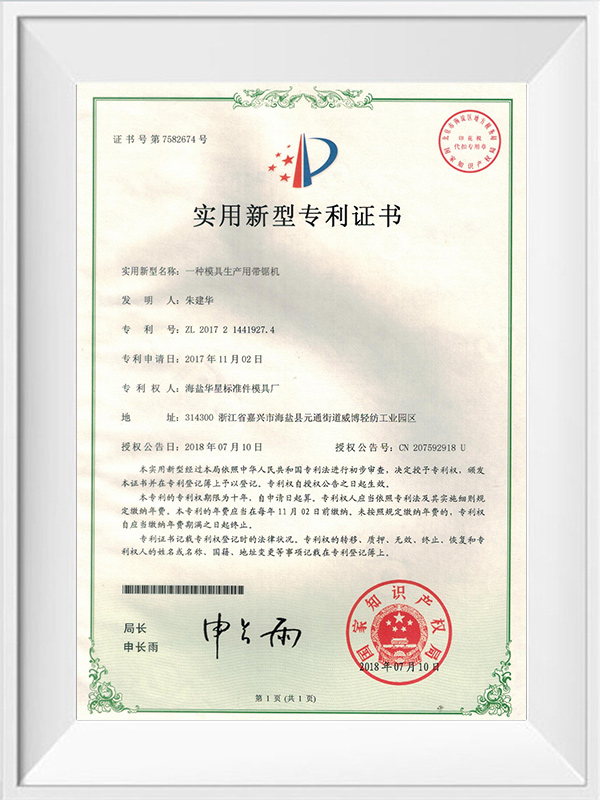
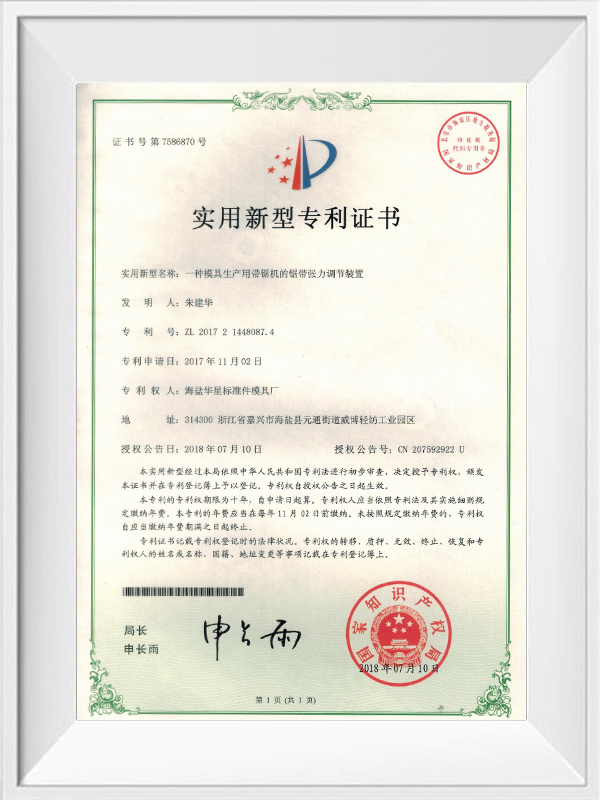
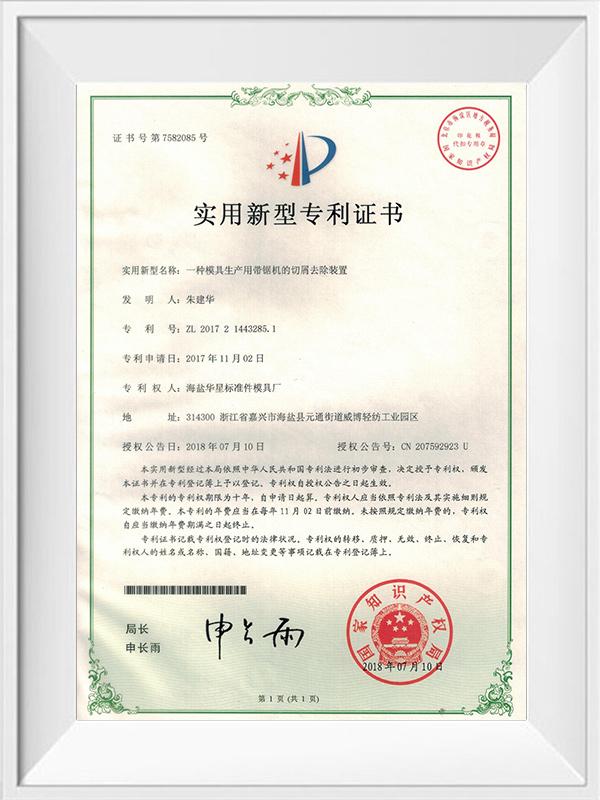


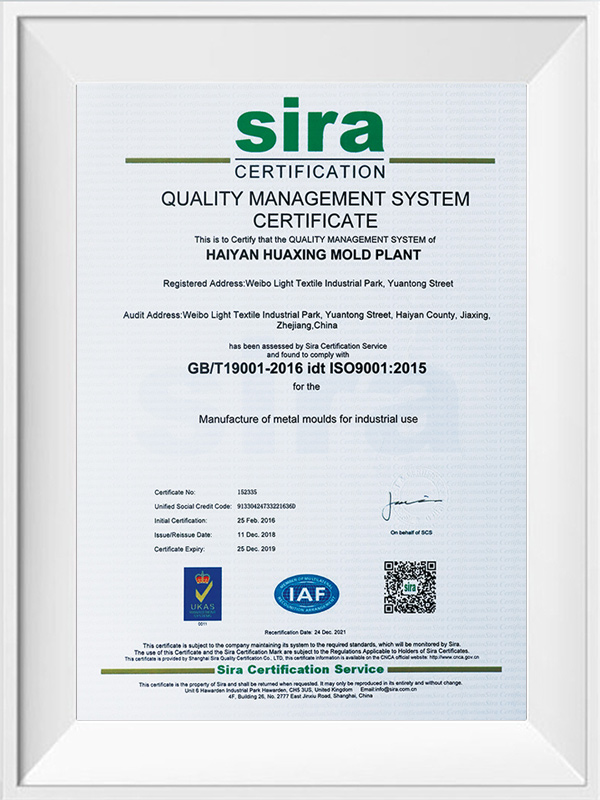
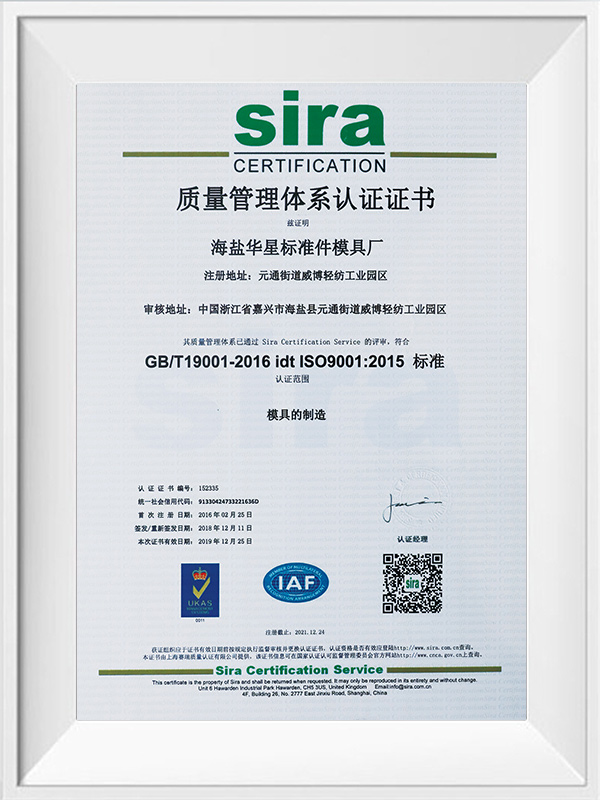

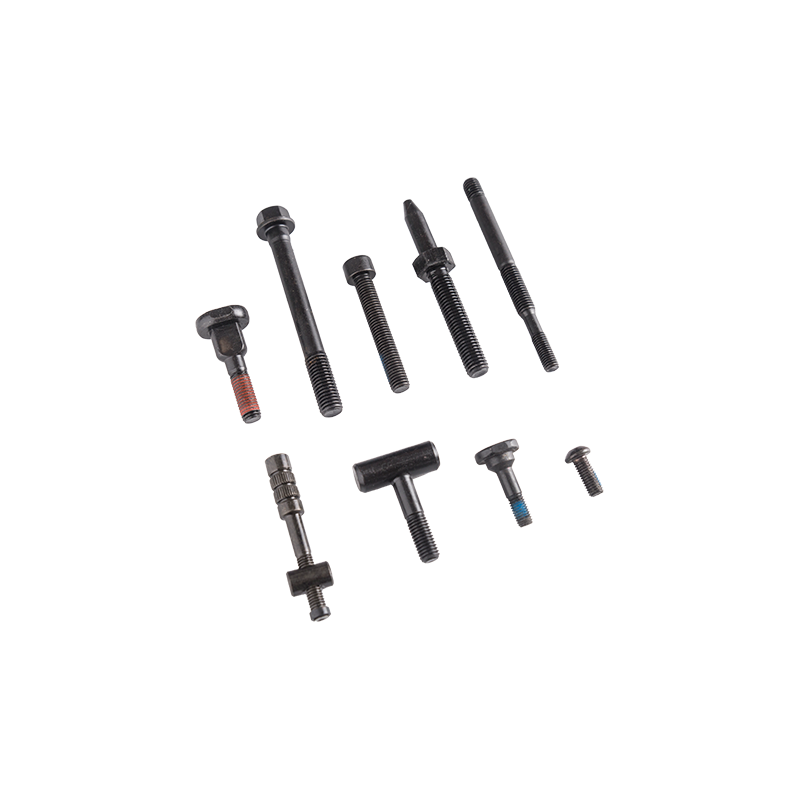
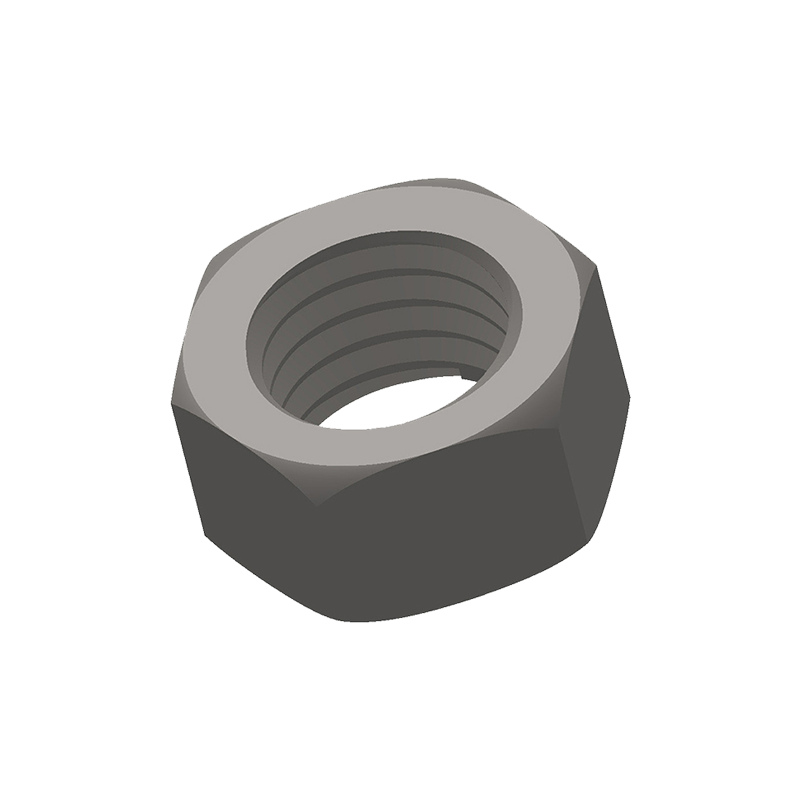


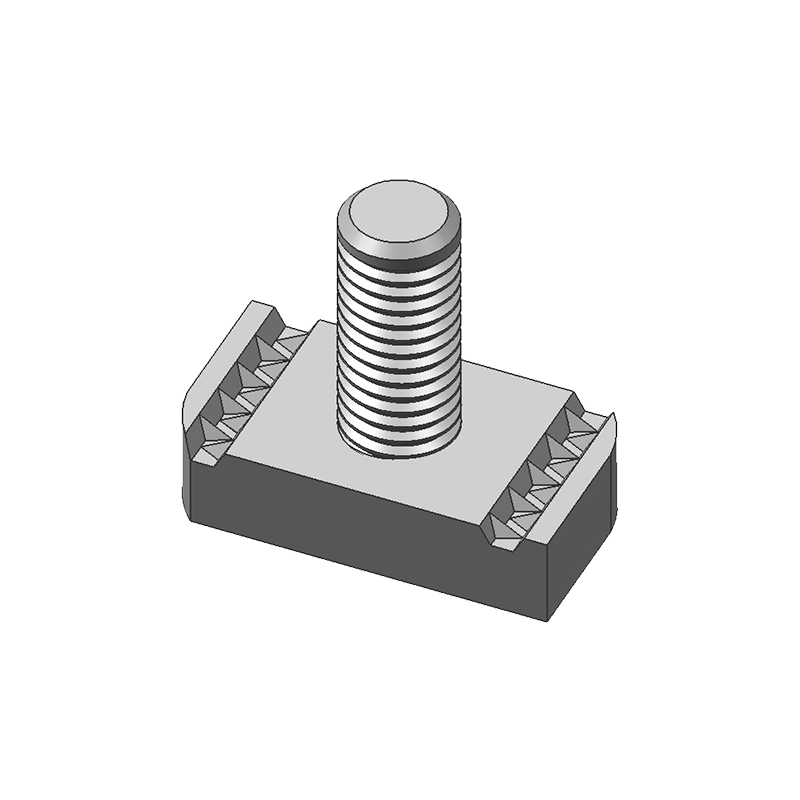

.png)
.png)
.png)
.png)
.png)




